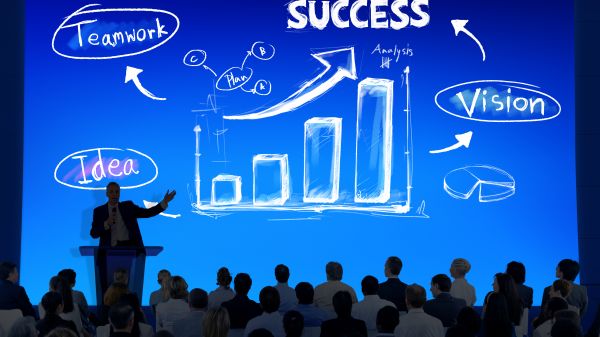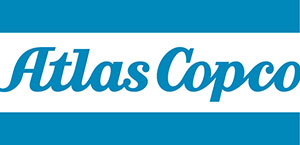1. What does the new economic reality look like for your industry? How has the industry changed in the previous years? Which are the areas with the greatest challenges? Which are the opportunities?
Atlas Copco offers sustainable productivity solutions for customers coming from a wide range of industries, like: food and beverages, automotive production, oil & gas, construction, mining and rock excavation and many others.
So, we can generalize the analysis to the whole Romanian industry, where the implementation of a bold package of macro-stabilization and structural measures, supported by a multilateral program with the World Bank, International Monetary Fund (IMF) and the European Commission (EC), helped the country’s economy overcome the effects of the global crisis by restoring macroeconomic balances and reviving economic growth. The economic activity picked up in 2013, with growth estimated at 3.5% (coming mainly from a solid industrial yield and a good harvest), and growth for end of 2014 is now forecasted to be 2.8%, as exports continue to increase and both consumer demand and investment recover.
Challenges to accelerate industry growth include uncertainty in the Eurozone and exports markets, political developments in the context of presidential elections and absorption of EU funds.
For Atlas Copco, other challenges and opportunities arise from the acquisitions, as the recent one of Edwards – leading developer and manufacturer of sophisticated vacuum products and abatement solutions (USD 1.6 billion) – so we are getting into new products and customer segments and must make sure that we have the appropriate service products and competences.
Opportunities are coming mainly from foreign investors, who should be attracted to invest in Romania.
2. Do you expect 2015 to bring a more favourable framework for business or on the contrary? Please, explain.
We rather estimate a favorable framework, as 2015 is expected to bring an economic growth of 2.5% for Romania. The political instability will calm down, the inflation is projected to moderate, the fiscal adjustment is forecast to continue, indicators that the industries in which we operate should be able to develop in 2015.
3. Which are, in your opinion, the main challenges that the industry you are active in is facing? How should the companies adapt / change in order to meet the new challenges? How have you adapted?
Every industry in which we operate has its challenges.
Let us take, for example, the food and beverage industry. In 2015, the industry is expected to consolidate, lots of small players will step out of the market, leaving space to the middle and strong ones, who will further increase their strength, especially based on proximity retail. The consumers will increase their expectancies, asking for more products and brands available on the shelves at lower prices, so companies will have to adapt their offer in order to survive.
For the automotive industry, the challenges are even higher. Producers tend to move their production / assembly facilities in other countries, where the work force is cheaper, see, for example, Renault’s decision to move a part of the Dacia Sandero assembly facilities in Morocco. For us, these challenges determined a focus on the contractors’ needs, as components producers.
We, as part of an industrial group with a worldleading position in products and services that deliver sustainable productivity, have also adapted, by increasing our offering with vacuum pumps and nitrogen generators, and focusing on servicing our customers’ equipment installed base. On a market that is adapting to a new competitiveness level and where customers are focusing on reducing operational costs more than ever, we are developing and actively promoting the energy saving solutions like variable speed drive compressors with integrated converter, efficient screws blowers, energy recovery solutions for compressed air, monitoring and management systems.
4. Which are the main factors currently hampering a faster growth of your business / industry? Which are the solutions?
Unfortunately, investors are still fighting with a lack of predictability in Romania’s fiscal and legal framework, criticizing the lack of proper consultation on the adoption of key decisions that impact businesses. Major changes to legislation need to be backed by impact studies, with a long-term strategy, which still is not the case in Romania. The country is losing important investments because of these approaches and thus, we are losing important projects. This is also visible in our company, where the rental equipment division is gaining field, suggesting clients are more cautious when it comes to investing in equipping their production lines.
5. What are the main goals / projects that you have set for this year?
Our main goal is customer satisfaction by commitment to sustainable productivity. We stand by our responsibilities towards our customers, towards the environment and the people around us. We make performance stand the test of time. This is what we call Sustainable Productivity and the recipe that lies behind our success. During the financial crisis, many customers were forced to question the way they worked. Since we could help them lower their total cost of ownership, we increased the level of our aftermarket and service offer and our market share. The great thing is that, when we meet customers, they confirm that what we do is really important to them and this, of course, also contributes to our growth.


































